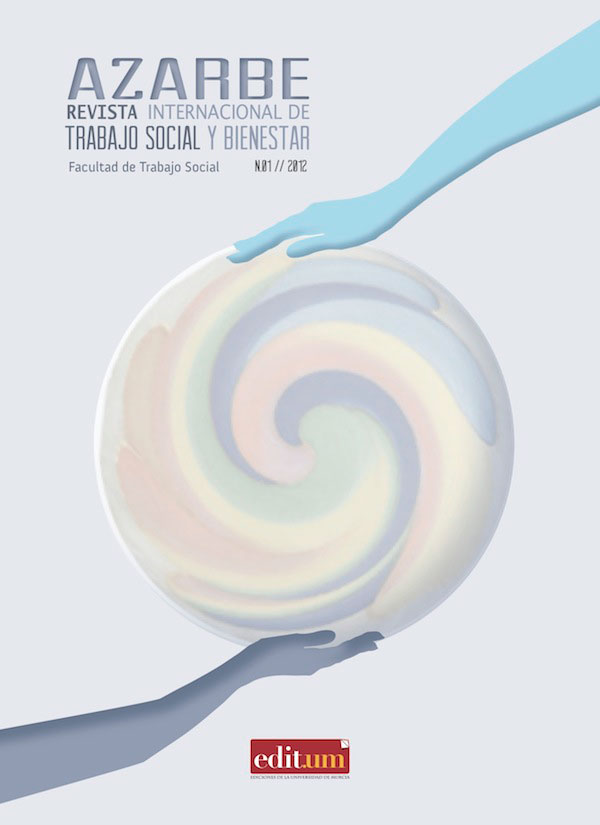Protecting individuals from economic bankruptcy. A challenge for social services in Spain
Abstract
Excessive borrowing by Spanish families linked to the massive job losses in the last three years, and all within a context of severe economic recession, is leading to an exponential increase in the risk situations of social exclusion for economic reasons. This can lead to the breakdown of social cohesion and harmony. These new processes of exclusion of obvious economic etiology have highlighted the lack of legal protection of citizens against the phenomenon of distress in our country, especially in relation to the mortgage debt. This article includes a brief review of the latest data from the economic crisis and its impact on citizens. It then analyses some of the over–indebtedness protection systems used by some countries in the OECD area in order to glimpse what might be the most suitable in the Spanish context and what role might play the public system of social services in this context. Economic insolvency situations are one of the obvious causes of exclusion to be addressed proactively, instead of just putting in place some remediation policy. The article is extracted from an open debate being conducted by the State Association of Directors and Managers of Social Services; it aims to be a contribution to reach the challenge that are facing the authorities in Spain regarding the problems of indebtedness for the next decade: a new challenge for social service.Downloads
-
Abstract691
-
PDF (Español (España))296
Las obras que se publican en esta revista están sujetas a los siguientes términos:
1. El Servicio de Publicaciones de la Universidad de Murcia (la editorial) conserva los derechos patrimoniales (copyright) de las obras publicadas, y favorece y permite la reutilización de las mismas bajo la licencia de uso indicada en el punto 2.
2. Las obras se publican en la edición electrónica de la revista bajo una licencia Creative Commons Reconocimiento-NoComercial-SinObraDerivada 3.0 España (texto legal). Se pueden copiar, usar, difundir, transmitir y exponer públicamente, siempre que: i) se cite la autoría y la fuente original de su publicación (revista, editorial y URL de la obra); ii) no se usen para fines comerciales; iii) se mencione la existencia y especificaciones de esta licencia de uso.
3. Condiciones de auto-archivo. Se permite y se anima a los autores a difundir electrónicamente las versiones pre-print (versión antes de ser evaluada) y/o post-print (versión evaluada y aceptada para su publicación) de sus obras antes de su publicación, ya que favorece su circulación y difusión más temprana y con ello un posible aumento en su citación y alcance entre la comunidad académica. Color RoMEO: verde.














